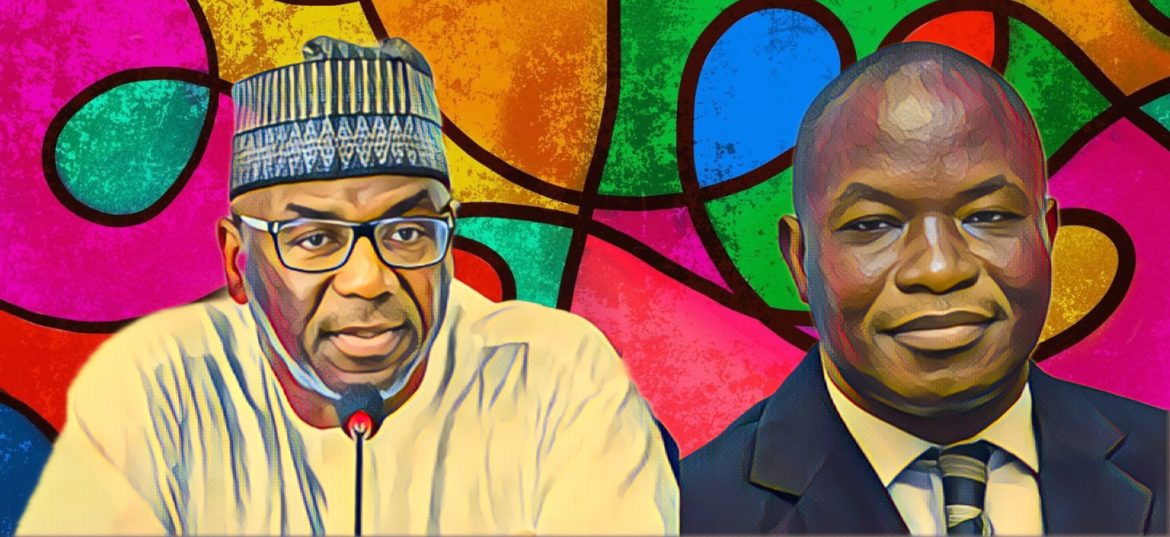Calls for the resignation of Nigerian state governors have intensified as citizens express outrage over the ongoing minimum wage dispute. The demand for governors to step down comes amid their reluctance to implement the agreed-upon minimum wage of N60,000.
The 36 state governors, operating under the auspices of the Nigeria Governors’ Forum (NGF), have faced mounting criticism for their failure to fulfill their obligations to workers. Despite agreements reached with labor unions, many governors have cited financial constraints as reasons for their inability to pay the stipulated minimum wage.
Nigerians, however, have grown increasingly impatient with what they perceive as excuses from their elected leaders. On social media platforms and in public demonstrations, citizens are voicing their frustration and calling for decisive action.
The minimum wage issue has become a focal point for broader discontent with governance and economic management in Nigeria. Persistent inflation, rising unemployment, and inadequate social services have fueled public anger, with many viewing the failure to pay a living wage as emblematic of deeper systemic problems.
Labor unions have also intensified pressure on the governors, threatening strikes and other forms of industrial action if their demands are not met. The Nigeria Labour Congress (NLC) and the Trade Union Congress (TUC) have warned that they will not hesitate to mobilize their members for mass protests if the situation does not improve.
The standoff between state governors and workers underscores the challenges facing Nigeria’s labor market and its wider economy. With millions of citizens struggling to make ends meet, the failure to ensure fair wages risks exacerbating social tensions and undermining stability.
In response to the growing backlash, some governors have sought to appease workers by promising to prioritize salary payments and explore alternative sources of revenue. However, skepticism remains high, with many Nigerians demanding concrete action rather than empty assurances.
As pressure mounts on state governors, the minimum wage dispute has emerged as a test of leadership and accountability in Nigeria. Citizens are increasingly demanding transparency, fiscal responsibility, and genuine commitment to the welfare of all Nigerians.
Ultimately, the resolution of the minimum wage crisis will require concerted efforts from both government officials and civil society. Compromise, dialogue, and a genuine commitment to addressing the underlying causes of economic hardship will be essential to restoring public trust and confidence in Nigeria’s governance institutions.
Source: Tribune


